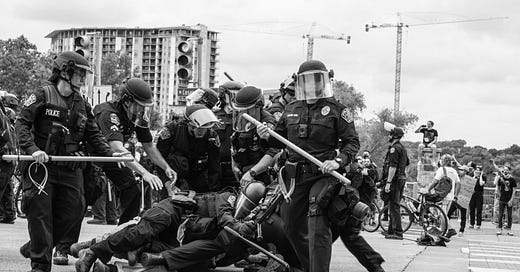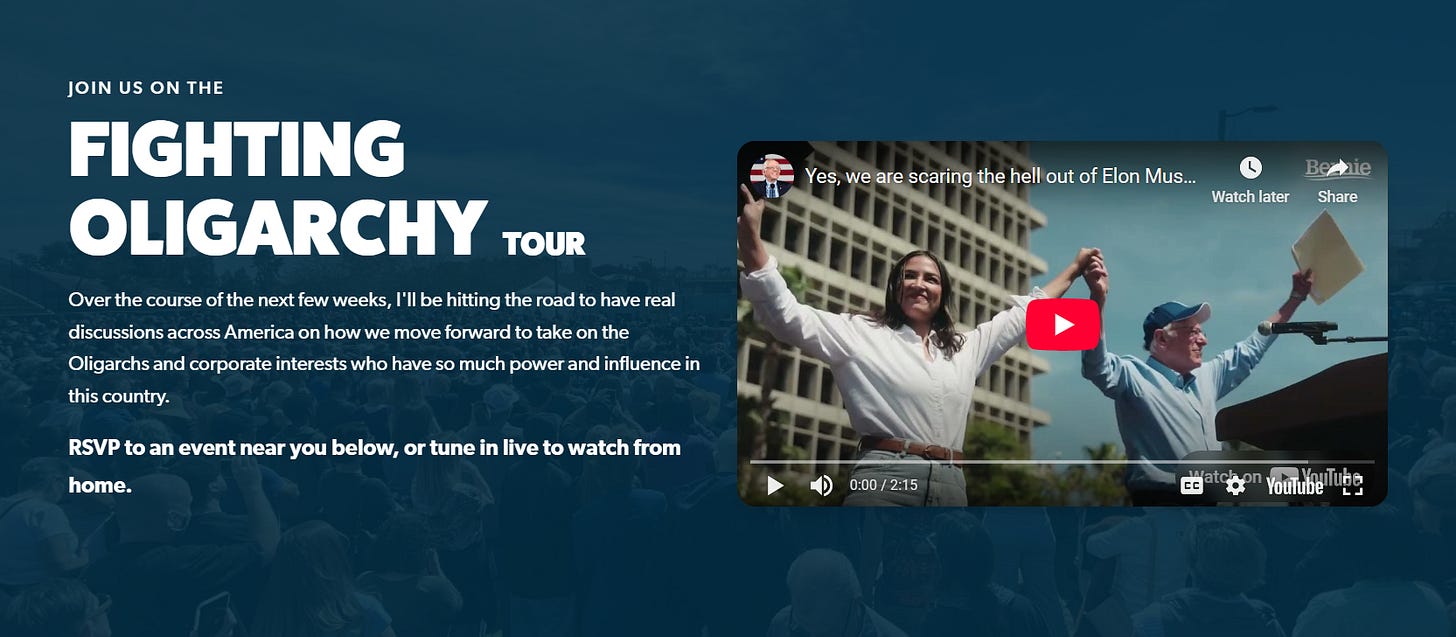Criminalizing Dissent, Erasing Democracy
Every repressive regime starts by making resistance a risk.
Once truth is weakened, the next target is resistance itself.
Authoritarian regimes don’t survive by winning the argument.
They survive by making it dangerous to argue at all.
In Russia, peaceful protesters are routinely arrested for violating "public order."
In Turkey, journalists who question the government vanish into prisons or exile.
In Hungary, opposition parties exist, but their protests are neutered by laws that make real mobilization nearly impossible.
And now, in the United States, we are watching the slow, deliberate repression of dissent — cloaked in the language of law, order, and national security.
Across dozens of states, new laws have been passed criminalizing protest tactics — not violence, but the mere act of blocking traffic, of marching without permission, of assembling "improperly."
Protesters face felony charges for actions that just years ago would have been protected by the First Amendment.
Corporations fund these crackdowns, eager to silence environmental activists, labor organizers, and human rights advocates who threaten their bottom line.
Meanwhile, police militarization accelerates.
Surveillance of activist groups expands.
Protest zones shrink.
The message is clear: dissent is allowed, but only if it’s impotent.
If you are loud enough to matter, you are loud enough to be crushed.
The same billionaires who bought the courts and the media are now buying the machinery of repression — lobbying for laws that criminalize organizing, funding politicians who demonize protestors, equipping police departments with weapons designed for war, not public safety.
And once protest becomes dangerous — once the average citizen starts to believe that resisting isn’t worth the personal risk — the collapse of democratic resistance accelerates.
Freedom doesn’t vanish all at once.
It dies when the cost of exercising it becomes too high for most people to pay.
We are entering that phase now.
Already, many Americans feel it: the hesitation to speak, the fear of consequences at work, at school, in their communities.
Already, dissent is being pushed to the margins — not just physically, but psychologically.
The goal is not just to silence speech.
It’s to make resistance feel hopeless, lonely, and futile before it even begins.
And if we allow that to happen — if we allow ourselves to be isolated, intimidated, and exhausted — then the authoritarian project wins without firing a shot.
Because repression isn’t just about jailing protestors or banning marches.
It’s about breaking the collective spirit that makes resistance possible.
The most dangerous weapon against authoritarianism has always been solidarity.
And that’s exactly what they are trying to destroy — one protest, one law, one silenced voice at a time.







